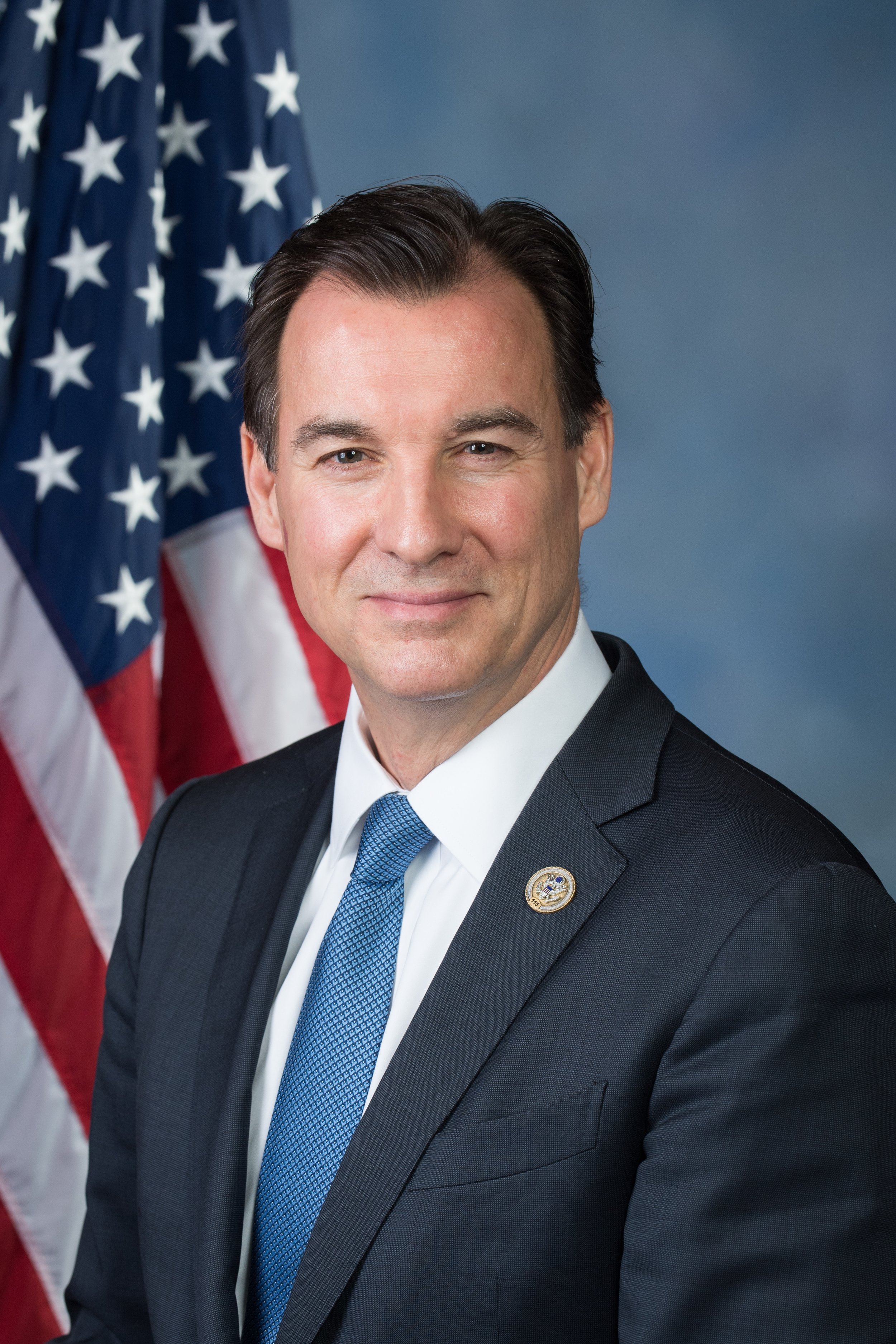Suozzi pushes back against Manhattan DA and Gov. Hochul
/Gubernatorial candidate U.S. Rep. Tom Suozzi is pushing back against reforms proposed by Manhattan District Attorney Alvin Bragg, and against perceived inaction by Gov. Kathy Hochul. Official Portrait
By Rachel Vick
Queens and Long Island Rep. Tom Suozzi, who is running for governor of New York, demanded a meeting of the city’s five district attorneys to discuss prosecution in the wake of Manhattan District Attorney Alvin Bragg’s goals to reduce remand and bail requests amid the ongoing crisis in the city’s jails.
During a press conference Tuesday, Suozzi said a meeting was necessary to establish a set of law enforcement standards in response to the set of priorities announced by Bragg during his first week in office.
“Crime is a big problem in our state and the governor has not been talking about some of the more controversial issues that are out there right now,” Suozzi said. “Now we have this issue of Alvin Bragg… saying he's not going to enforce, prosecute certain crimes.”
“They can't pick and choose which crimes they are going to prosecute,” he added. “You can't make it so that the district attorney in Manhattan is not going prosecute a resisting arrest but you'll get prosecuted for resisting arrest in Queens; that just doesn't make any sense — it's a green light for chaos.”
Each borough’s district attorney takes an individual approach to prosecution practices, with the ability to request sentences or bail. Queens DA Melinda Katz campaigned on the promise to end cash bail in the borough, and though that has yet to be seen, she retains the ability to do so.
Katz’s office declined to respond to request for comment.
Suozzi challenged Gov. Kathy Hochul to step in against what he sees as a neglect of duty by Bragg, and to appoint Attorney General Letitia James as acting DA.
Hochul, he said, “has to consider whether or not to remove him from office [and] her job.”
When asked about the criticism during a press conference that morning, the Governor said that “in respect to public safety, my position is very clear… working with the mayor of New York, we are committed to ensuring that there's public safety for individuals so they don't have to have that sense of anxiety. And we're going to get it done.”
The 10 page plan released by Bragg at the start of his term outlines changes to charging, bail, plea and sentencing priorities for the office, adding that the plan intends to support the dual goals of safety and fairness. In addition to deciding not to prosecute resisting arrest charges, the plan includes ideas for investment in crime diversion and alternatives to incarceration, and reducing the prosecution of youth in adult courts.
“These policies are rooted in these life experiences and professional experiences and substantiated by data. They reflect both the need for fundamental reforms in the criminal legal system and the need for community safety,” Bragg said after the plan’s release. “The two goals of justice and safety are not opposed to each other. They are inextricably linked. We deserve and demand both, and that has been the focus of my career, and indeed, my life.”
Suozzi said Bragg’s decisions have been questioned by NYPD officials and other “law enforcement experts.”
Despite criticism, Bragg — who graduated from Harvard Law School, worked as an assistant U.S. attorney in the Criminal Division of the U.S. Attorney’s Office for the Southern District of New York and was a visiting professor of law at New York Law School — has remained steadfast in his choice.
During a Jan. 10 appearance on the Brian Lehrer show, Bragg clarified that “there are, at times, when the only charge is resisting arrest, and… when that only charge is resisting arrest, it begs the question; what was the first stop for? What was the arrest for?”
He emphasized the interplay of legal distinctions, with the choice not to prosecute charges for resisting arrest hinged on the circumstances; whether a resisting arrest charge was a result of an officer’s perception or an assault.
A spokesperson from Bragg’s office said the city’s DAs are in conversation. They declined to comment on the record in response to Suozzi’s allegations but condemned the suggestion that the DA was in violation of his duties.
Bragg met with new NYPD Commissioner Keechant Sewell Tuesday to “to share ideas and examine policy differences that could be clarified and harmonized toward a common vision that acknowledges the need for criminal justice reform and alternatives to incarceration,” the two said in a joint statement.
“It was agreed that police and prosecutors would weigh the individual facts and circumstances of each case with a view toward justice and work together to keep New Yorkers safe,” the statement continues. “These collaborative discussions will continue.”




